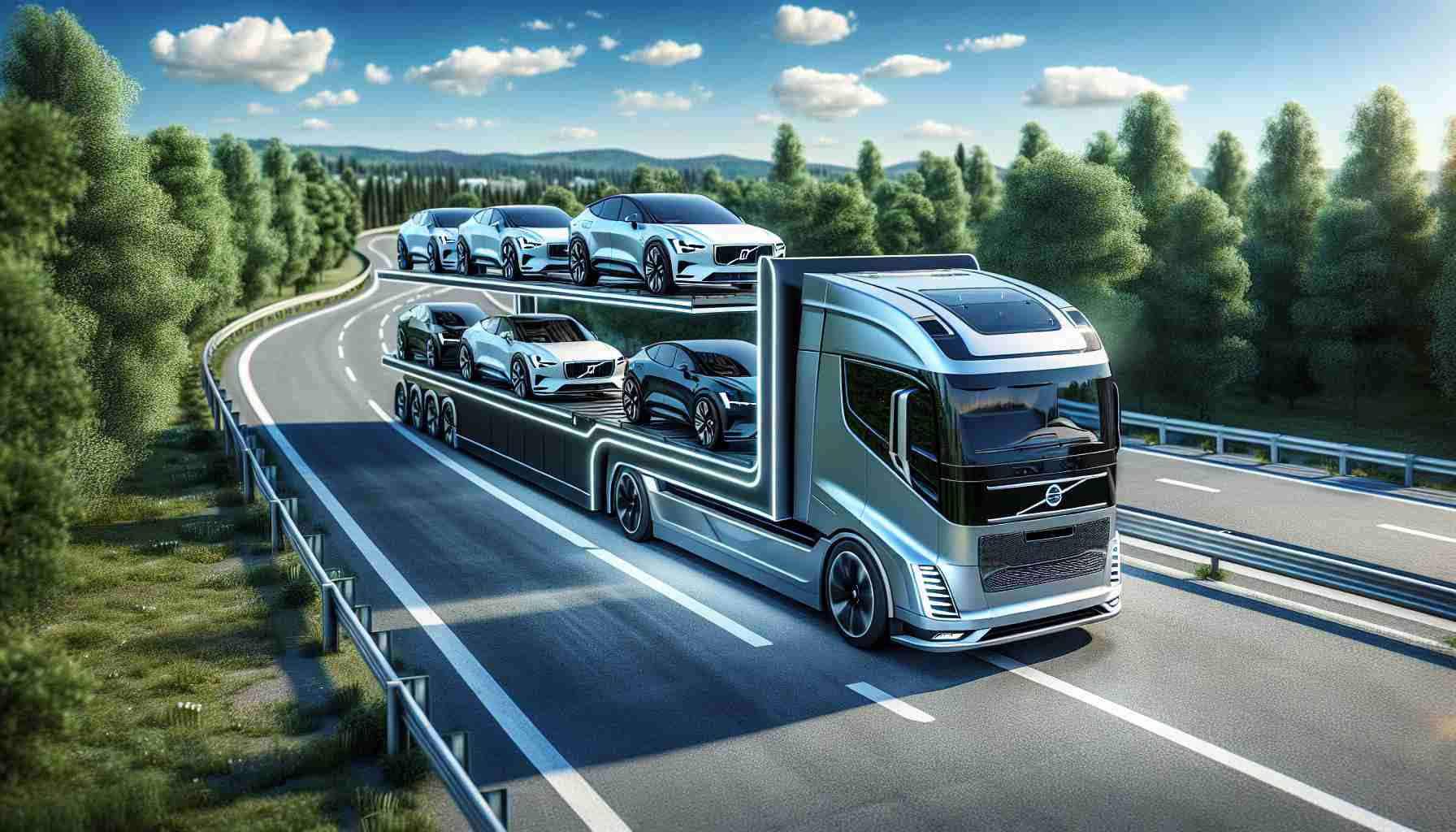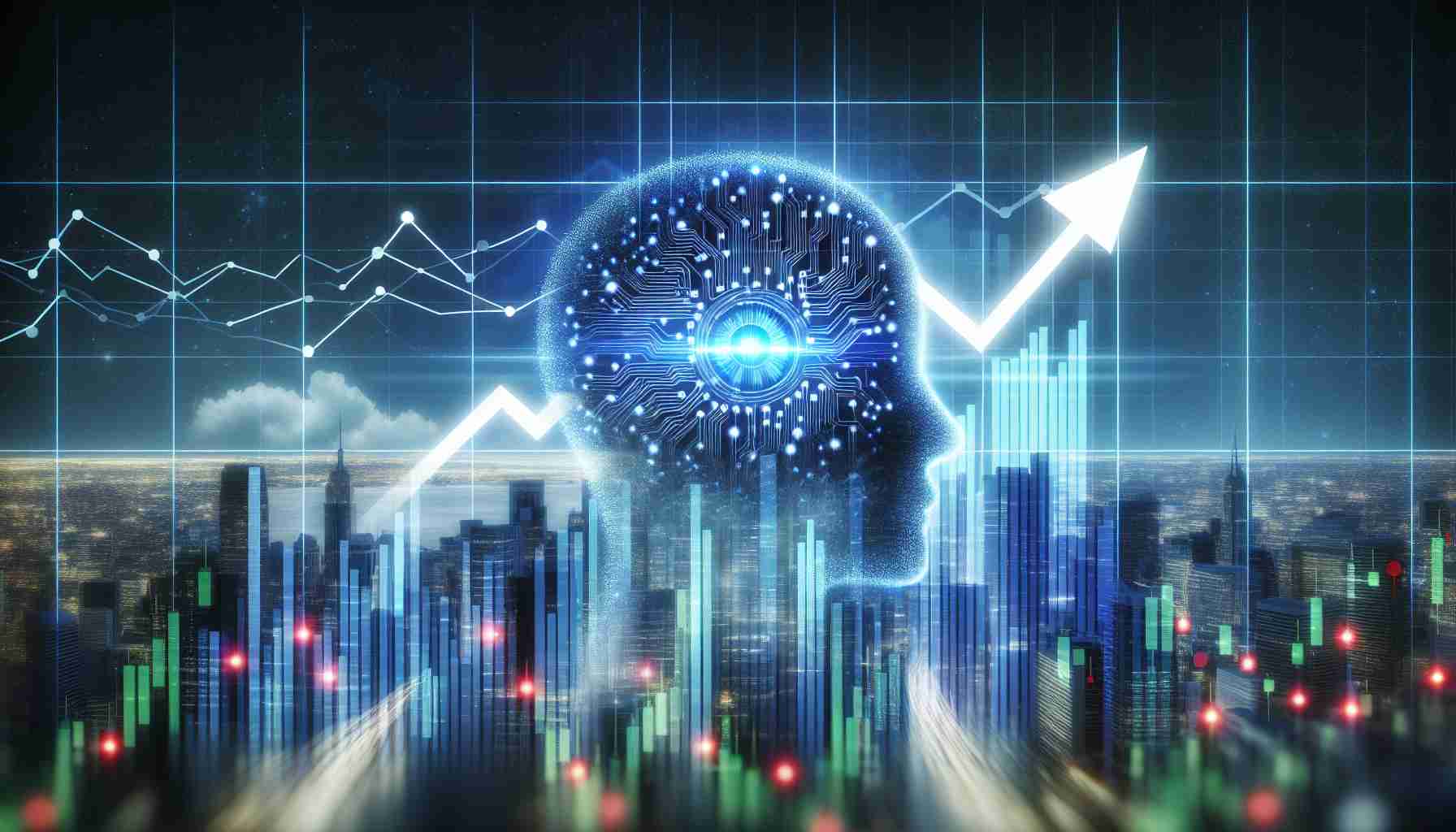The fear of artificial intelligence (AI) taking over human jobs is longstanding, yet as the technology evolves, this topic becomes more pertinent and nuanced. Will AI truly replace us, or does it offer new opportunities?
Studies show that while AI is capable of automating certain tasks, it is more likely to transform the nature of work rather than eliminate jobs entirely. According to a 2019 report by the World Economic Forum, AI could displace 75 million jobs worldwide by 2022, yet it also expected to generate 133 million new roles. This suggests a net gain in employment, albeit with a shift in the type of jobs available.
AI is particularly well-suited to tasks that are repetitive and data-driven, such as data entry, routine customer service inquiries, and certain aspects of manufacturing. However, AI is not yet capable of replicating the creative, emotional, and strategic thinking capabilities inherent to humans. Jobs that rely on complex human interaction, creative problem-solving, and emotional intelligence are less likely to be replaced.
Moreover, the rise of AI requires an evolution in the workforce. Skill development and retraining become essential, as new technologies create demand for employees proficient in areas like machine learning, data analysis, and AI maintenance.
In conclusion, rather than fearing AI as a job-stealing menace, it is more productive to view it as a tool for innovation that could potentially lead to a more skilled and efficient workforce. By adapting to the changes AI brings, we can harness its potential to enhance, not hinder, human employment.
Will Artificial Intelligence Create More Jobs Than It Destroys?
As AI continues to advance, its impact on the job market presents a complex picture that affects individuals, communities, and even entire countries. While automation will undeniably change the landscape of employment, it’s essential to understand the broader implications and benefits that AI introduces.
Interesting Facts About AI’s Impact on Employment
Beyond just job displacement, AI could foster economic growth by optimizing productivity and creating entirely new industries. Countries investing heavily in AI, like China and the US, stand to gain a competitive edge, potentially reshaping global economic dominance. Communities that embrace AI may experience increased efficiency and access to cutting-edge services.
What About Job Quality and Satisfaction?
AI’s ability to handle mundane tasks allows humans to focus on high-value work that matches their unique strengths, leading to potentially enhanced job satisfaction. However, this transition requires a robust support system for workers, including retraining programs and educational avenues that accommodate shifting demands. Will governments and companies prioritize these changes, or will some communities be left behind? It’s a matter of policy and investment.
Are There Drawbacks?
Certain sectors, particularly those with less exposure to AI, may initially suffer from a skills gap. The imperative, then, is to not only develop AI technologies but to do so inclusively. Can AI democratize opportunities, or will it widen the gap between skilled and unskilled labor?
In conclusion, while AI may displace certain jobs, its potential to create more opportunities through innovation and efficiency cannot be overlooked. By focusing on collaborative human-AI partnerships, we can shape a future where technology and human potential thrive together.
For further reading on AI and job markets, visit World Economic Forum, OECD, and International Labour Organization.






















